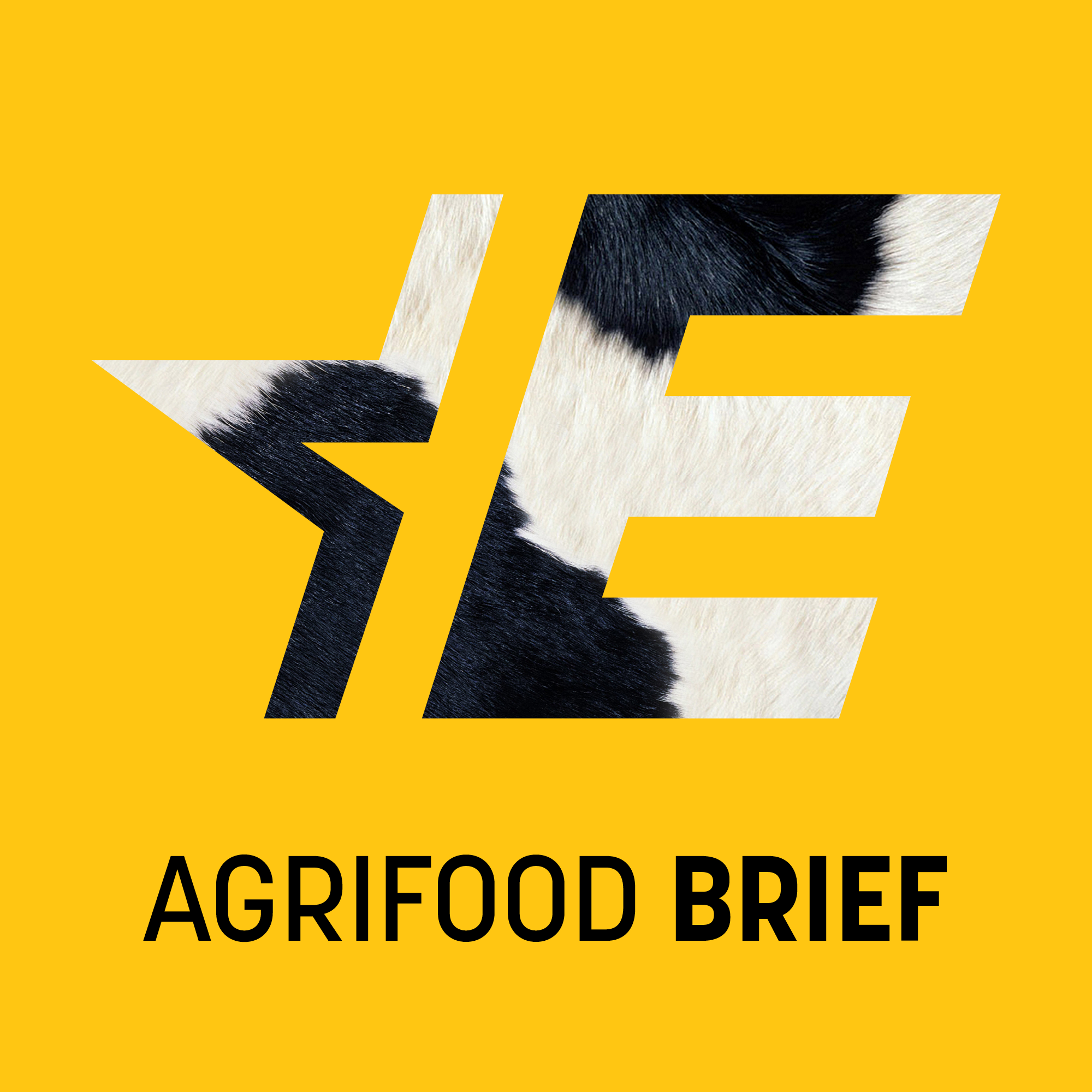Agrifood brief: Don’t forget agriculture, Valdis
| Welcome to EURACTIV’s AgriFood Brief, your weekly update on all things Agriculture & Food in the EU. You can subscribe here if you haven’t done so yet. |
|
After the shock of Phil Hogan’s sudden resignation as the EU trade chief, the lack of agri-food expertise of his successor has already raised plenty of eyebrows among stakeholders.
Let’s face it: Hogan has left a void in the Commission, and not only because he’s a big guy.
Everyone liked the idea of letting an experienced Irish public servant handle the post-Brexit world, having proved his negotiating skills by bringing home the historical deal with the Mercosur countries.
Put simply, he was the right man at the right time. Unfortunately, Hogan’s premature departure has now upset the EU executive’s plans.
European Commission president Ursula von der Leyen asked Valdis Dombrovskis, the EU executive’s vice-president for economic policy, to take on the key trade role, while the new pick of the Irish government, Mairead McGuinness, has been proposed a de-powered portfolio for financial services.
The choice was a no-brainer. The Irish would not have received trade again after having triggered the golfgate crisis, while the biggest political group, the centre-right European People’s Party (EPP), were not prepared to give up on such a large portfolio.
That being the case, there was little other choice but for the Latvian Commissioner to take up the reins of a post which has a crucial say in the EU agri-food sector as well.
But without the security blanket of a trade Commissioner clued up on the complexities of the agri-food world, and with multiple high-stake agri-trade talks looming large, this appointment leaves a question mark or two.
Trade policy is about many things, of course, but it is a lot to do with agri-food too.
The model free trade agreement with Canada risks falling apart because of Cyprus’ white gold, Halloumi cheese.
Also, Brexit negotiations are threatened by the UK government’s attempt to reopen talks on regionally protected speciality foods and drinks, such as Roquefort cheese and champagne.
Dombrovskis undoubtedly has a great track record, having served as prime minister of his country too.
However, as a former EU agriculture chief, Hogan was felt by the agri-food sector to be one of their own, having earned their trust.
In the midst of ‘golfgate’, the secretary-general of the EU farmers association Copa-Cogeca shielded Hogan like a real friend would do.
Hogan also came up with the idea of compensating EU farmers with a €1 billion fund to safeguard potential disruption for European producers coming from the Mercosur agreement.
Although expected to engage in lengthy negotiations, the new trade chief also has to be in touch with this unknown realm, and start understanding concerns of agrifood producers.
But most of all, Dobrovskis has inherited the Brexit conundrum. Putting an Irishman in charge previously was like telling Brits, “work it out between yourselves.”
Once again, the agri-food sector is set to be hit particularly hard by a no-deal scenario, enough to make any politician tremble.
Exemplifying this, the Irish Farmers Association (IFA) was pushing for a candidate who would give Ireland the maximum possible chance of retaining the trade portfolio.
IFA President Tim Cullinan said Hogan had made a huge contribution during his five years as EU Commissioner for agriculture, his recent tenure as trade Commissioner and his 40 years of public service.
One of the toughest task for Dombrovskis now is to earn the trust of stakeholders like IFA and make sure they don’t have abandonment issues.
News from the bubbleCAP news: As we are approaching the final plenary vote on the EU’s farming subsidies programme, Parliament’s biggest political group, centre-right Europe’s People Party (EPP), adopted its position on the dossier this week. According to EPP’s coordinator for agriculture, the Italian MEP Herbert Dorfmann, the EPP will push on dedicating 30% of the funds to climate and environment. Meanwhile, the German presidency has proposed a two-year pilot phase to other member states for the eco-schemes, the system designed to deliver the CAP’s climate goals. However, environmental campaigners went berserk at the request to set a specific minimum share of productive and non-productive areas. Priorities for major agrifood companies by 2030: In a roundtable with Europe’s crop protection industry (ECPA) this week, major agrifood players outlined their commitments to support Europe’s new Green Deal, which included an investment of over €14 billion in new technologies and more sustainable products by 2030. Key focus areas include; digital and green recovery, including a €10 billion investment earmarked into innovation in precision and digital technologies; a €4 billion investment in biopesticides; the circular economy of plastic; and a commitment to training 1 million farmers and advisors to help minimise exposure and reduce the risks of pesticide use. Court ruling: The European Court of Justice (ECJ) has dismissed Slovenia’s legal action against the Commission, which asked for the annulment of the delegated regulation which ruled that the wine designation ‘Teran’ may be used on the labels of Croatian wines. ECJ’s advocate general also advised that the Flemish Law that prohibits the slaughter of animals without stunning, such as the halal and kosher method, is not permitted under EU law. However, the advocate general’s opinion is advisory. Overfishing: Over 300 scientists launched a call for action urging EU institutions to set fishing limits within scientific advice. |
|

